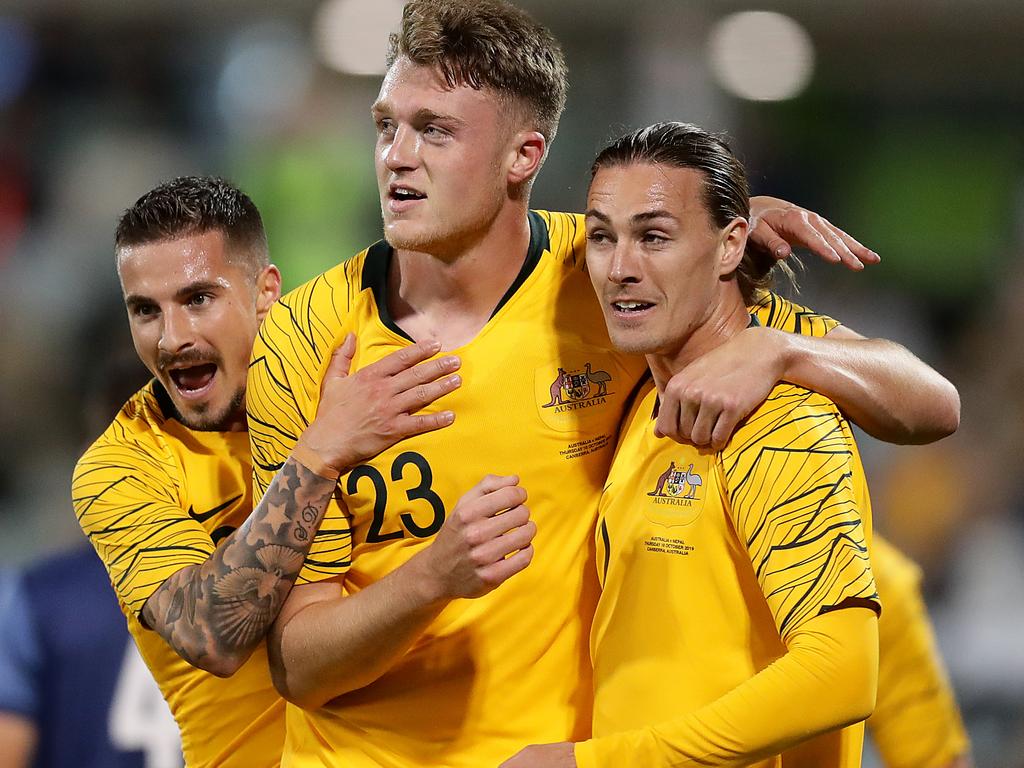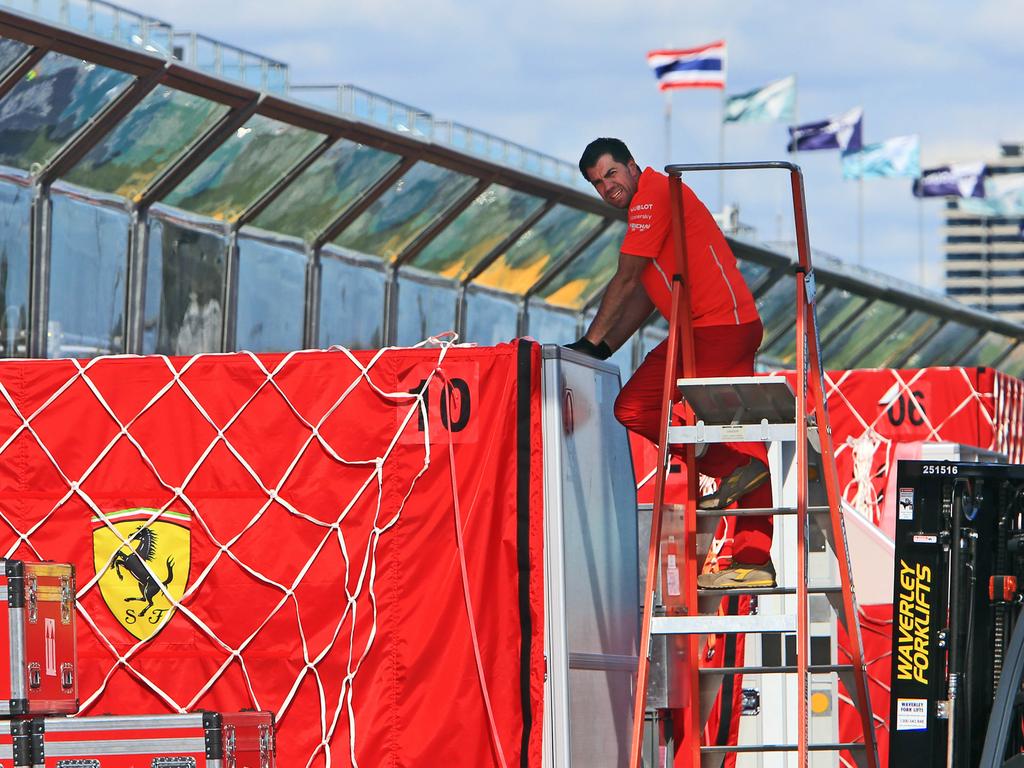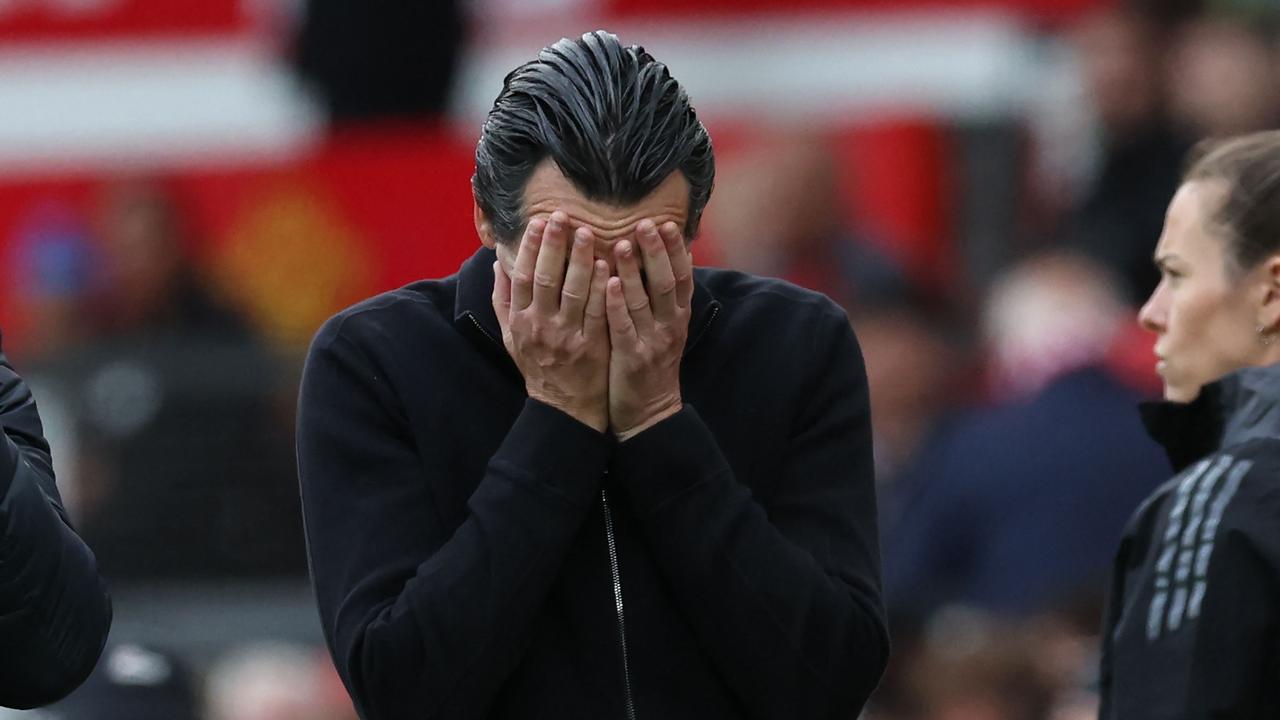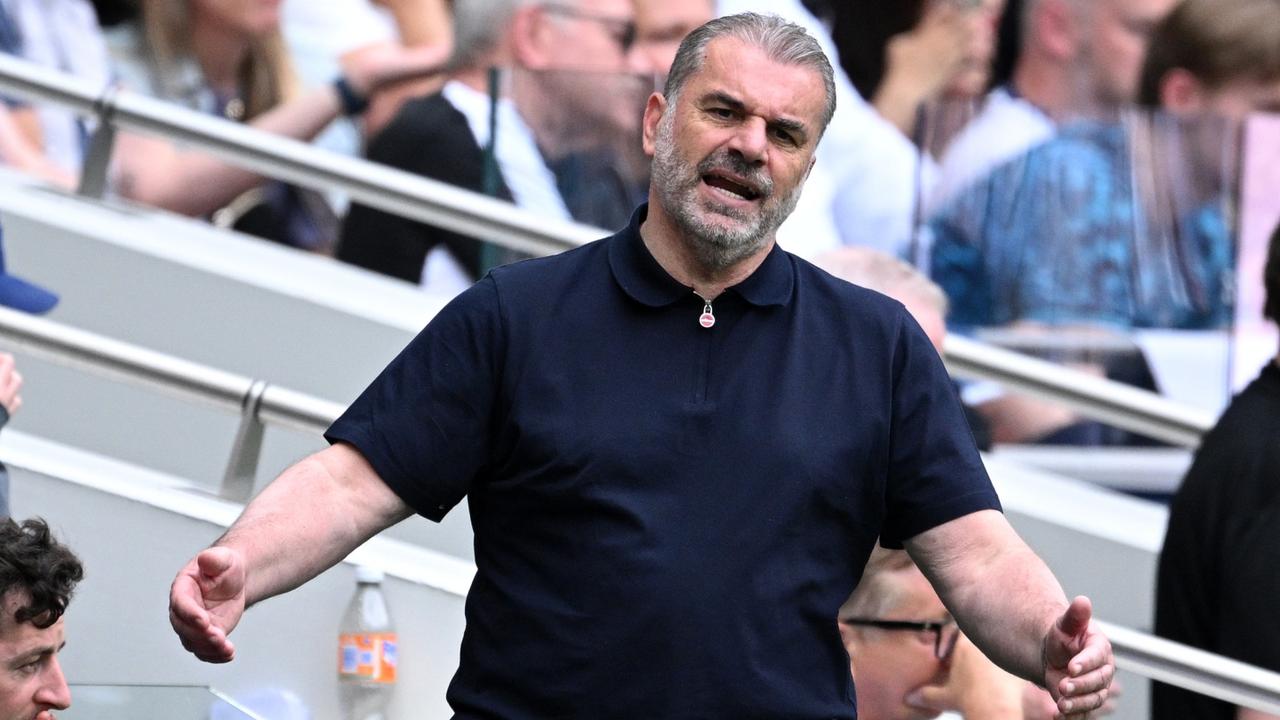Arsenal players in isolation as Premier League game postponed
The English Premier League is the latest major sport competition to be affected by the coronavirus.
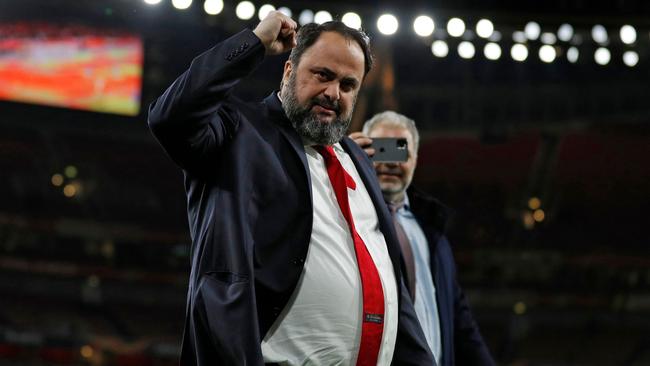
Members of Arsenal’s playing squad went into self-isolation in a coronavirus precautionary move, forcing the immediate postponement of the Premier League game at Manchester City later on Wednesday.
It is the first game to be called off since the outbreak of the virus in the English top division, which has not played games without fans unlike in other parts of Europe. It was one of the first times players in a major sports league had gone into isolation because of possible exposure following the coronavirus scare of Sam Switkowski from the Fremantle Dockers in the AFL.
The decision was taken due to the low risk of infection after Arsenal players came into contact with a rival team owner who announced on Tuesday he had contracted COVID-19. They met Olympiakos owner Evangelos Marinakis after the Greek team won at Arsenal in the Europa League on February. 27.
“The medical advice we have received puts the risk of them developing COVID-19 at extremely low,” Arsenal said in a statement. “However, we are strictly following the government guidelines which recommend that anyone coming into close contact with someone with the virus should self-isolate at home for 14 days from the last time they had contact.
“As a result, the players are unavailable for tonight’s match against Manchester City and the Premier League has decided the game should be postponed. The players will remain at their homes until the 14-day period expires. Four Arsenal staff, who were sitting close to Mr. Marinakis during the match will also remain at home until the 14 days are complete.” Arsenal did not say how many players were affected but did not indicate an immediate threat to the next game going ahead on Saturday – more than two weeks after the contact with Marinakis.
“We look forward to the players and staff returning to work on Friday in preparation for our match at Brighton,” Arsenal said.
The impact of coronavirus on major sports events rippled through more countries.
The day after Italy cancelled all domestic sport, the French, Spanish, Germans and Portuguese announced matches will be played in empty stadiums while some games in the Netherlands were cancelled.
As the global death toll passed 4250, the High Sports Council in Spain, decided sporting events should be played without fans to limit the spread of the virus.
La Liga announced that fixtures in the country’s top two tiers will go ahead in front of empty stands for the next fortnight.
Real Madrid’s game against Eibar at the Santiago Bernabeu on Friday will be the first fixture affected.
Barcelona had earlier confirmed their Champions League tie against Napoli at the Camp Nou on March 18 would be played without spectators.
In France, football authorities ordered Ligue 1 and Ligue 2 games to be held behind closed doors until April 15, after the government on Sunday issued a ban on gatherings of more than 1000 people.
France’s scheduled friendlies against Ukraine in Paris on March 27 and Finland in Lyon on March 31 will also be held at empty venues.
In Germany, fans were barred from two Bundesliga games as well as the national team’s March 31 friendly at home to Italy in Nuremberg.
In Greece, where “mass gatherings” were banned last week, Thursday’s torch lighting ceremony for the 2020 Tokyo Olympics will be held without spectators.
The Tokyo Games are due to start on July 24 but Haruyuki Takahashi, an organising committee member, says if the global coronavirus outbreak prevents the sporting showpiece from being held a postponement is likely. Takahashi has told The Wall Street Journal financial damage from cancelling the Games, or holding them without spectators, would be too great for them not to be held at some stage.
“I don’t think the Games could be cancelled,” Takahashi told the newspaper. “It would be a delay.
“The International Olympic Committee would be in trouble if there’s a cancellation. American TV rights alone provide them with a huge amount.”
Takahashi said the committee’s executive board had yet to discuss the impact of the virus on the Games – their most recent meeting was last December, before the epidemic spread.
International Olympic Committee organising committee president Yoshiro Mori said last month the Games were expected to proceed as scheduled.
Agencies

